Our modern, digital economy is fuelled by data. This means we all need to understand what data is and how we can interact with it. But getting started can be tricky. There’s a lot of hype and not much clarity. In this article, we look at ways to cut through the complexity and find a more personal way to get data savvy. This starts with understanding that data literacy is something unique to each of us, not a fixed set of skills.
What do you think about when you think about data skills? Maybe your mind jumps to data science, the hyped-up set of skills required to perform the “Sexiest Job of the 21st century“. Data scientists are those fabled magicians of the modern workforce, who perform wonders with esoteric tools like machine learning and natural language processing. Or, maybe your mind mists over – data is after all just an abstract concept, that might only float across your consciousness when asked to tick GDPR boxes on a website.
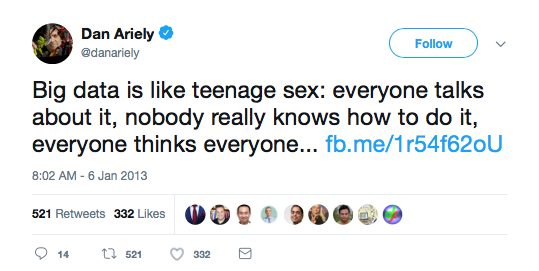
Whatever you think everyone else is doing, thinking about data skills often evokes feelings of confusion or fear, even when we’re not teenagers. It’s why many modern workers feel like imposters when it comes to data. They feel they should know more, but don’t feel they can be open about it. Imposter syndrome is a specific set of issues that I’ve discussed elsewhere (in this talk for example), but whatever your level or whatever’s holding you back, we all need to get started with data skills.
And, there’s good and bad news. The bad news? Data is transforming our lives. Unless we each get to grips with it, we risk getting left behind. The good news? We don’t all need to transform ourselves into data scientists. Getting started can actually be pretty straightforward if you follow these five steps:
- Understand what data literacy and data skills are. And aren’t,
- Define your own skills path,
- Immerse yourself,
- Do something different,
- Integrate your values and experience.
Let’s explore each in turn, along with some suggested actions.
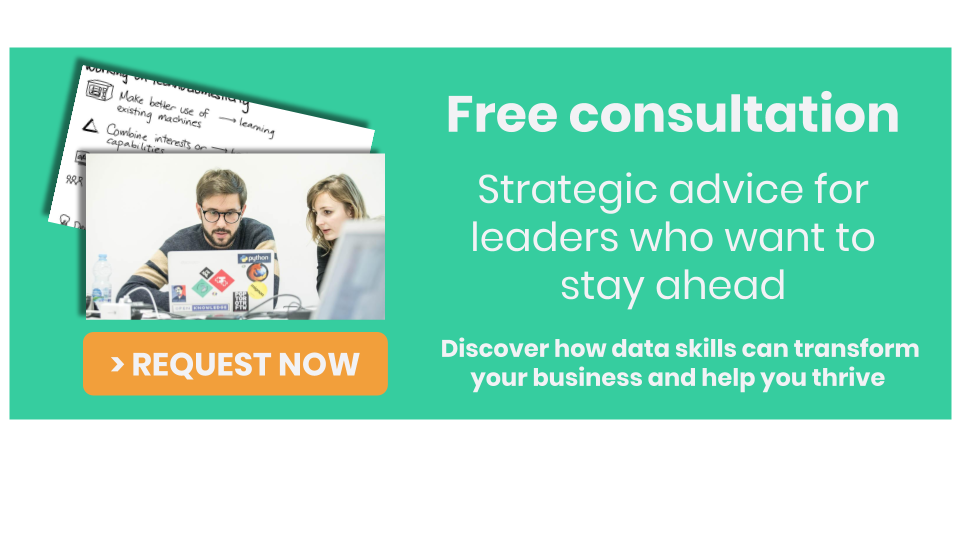 Step 1: Understand what data literacy & data skills are
Step 1: Understand what data literacy & data skills are
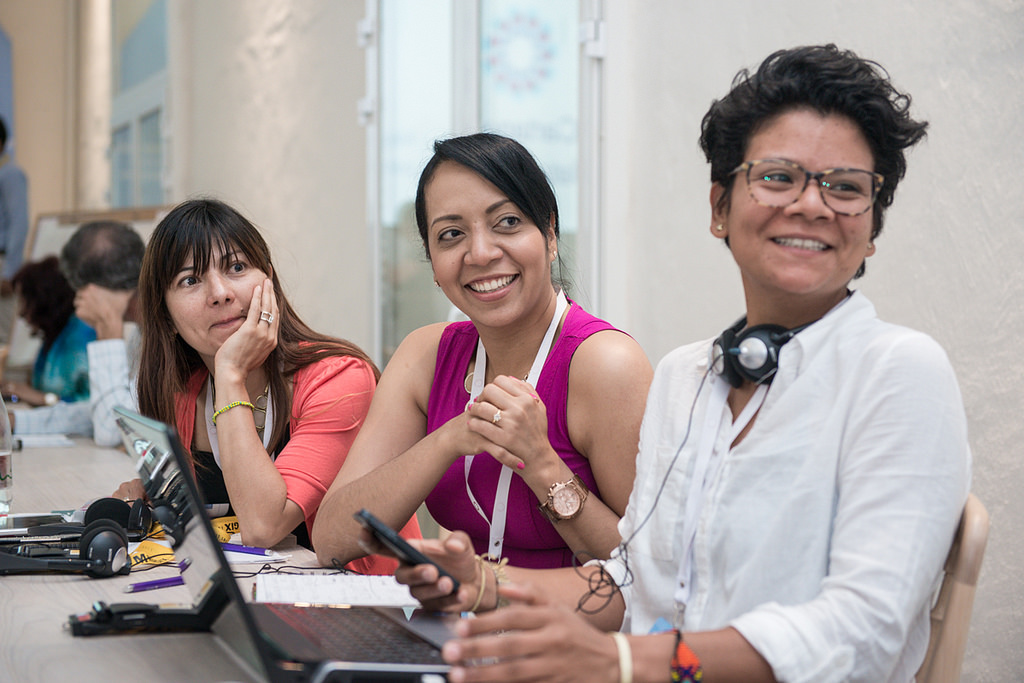
Data literacy and data skills are often used interchangeably. They shouldn’t be. Data literacy is a fundamental level of knowledge that can be seen as unique to each of us – it’s what allows us to engage in the data economy in ways that are relevant to our needs.
AI author Ellen Broad and I came up with this definition when we were at the Open Data Institute:
“Data literacy is the ability to understand data, how you can interact with it and what impact it can have”
This suggests that different people need different levels of literacy (and skills), dependant on their interactions with data and the way it affects their lives. This means that Caroline, a retired dancer and mother, only needs to understand how to protect her privacy and her rights when it comes to data. Whereas Josh, a strategy director in a media company will need to grasp the way that data is helping build automated services that analyse audience sentiment, and what that means for his business and for his clients.
The other factor is to consider levels within your business. A CEO will need to take different steps to address their literacy compared to those of a project manager.
Action 1: Consider the impact data is having on your sector, your job and your world. What do you need to know more about to address and keep pace with the ways things are changing?
Data literacy is unique to each of us. How we define our own level of literacy will depend on our context and needs. And it’s in this subjectivity that data literacy differs from data skills. Data skills can be clearly defined, measured and developed. Which is where the next step comes in
Step 2: Define your own skills path

Once we’ve understood that our individual data literacy is unique to our own context, and needs, we should decide what skills to focus on. As with literacy, skills paths will depend on our requirements.
Some of these paths are better defined than others. For example, data science has a pretty well-defined set of skills and pathways, in part due to the technical nature of the role. But what about the people that work with data scientists – the leaders that sign off their budgets, the salespeople that use their insights, the administrators that contribute to the datasets they use? Each of these roles creates the conditions for sustainable impact from data. Each of these roles should follow a pathway from literacy to delivering impact in their work.
What those pathways look like, in particular for more technical roles, isn’t always clear. Which is why I find the ODI’s data skills framework a useful tool. It connects data science skills with the softer skills that help data deliver value.
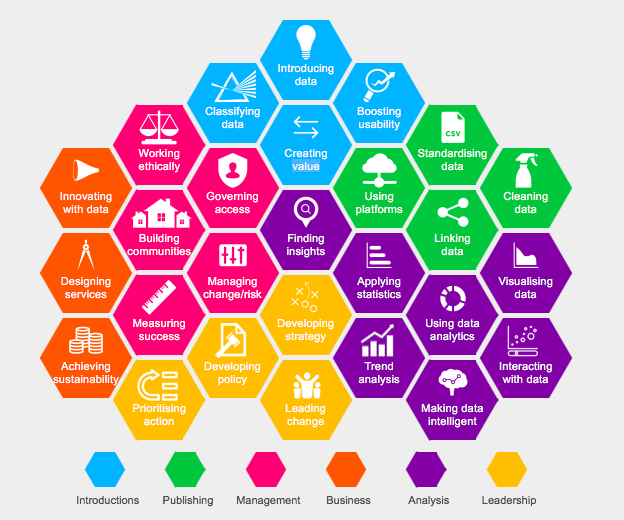
As you can see the framework is separated into different paths. Each leading to action-oriented skills that deliver impact. The idea is that everyone should understand the fundamentals – what data is, the different kinds of data you might encounter, how to make data more useful and how data creates value. What you then do depends on your role and where you want to go.
For example, a mid-career social media manager in a marketing agency might start with introductions, then consider how data-informed insights and services could create value for clients, what new services they could deliver, and how these services could generate sustained income streams for her company. This suggests leaning towards the orange “business” pathway.
Action 2: Reflect on your data literacy and the impact data is having on your world. What are the first 4-5 hexes you need to address? Are you more on the left of the framework, following a business or leadership pathway? Are you focusing more on technical skills? Or do your skills encompass elements from both sides?
A final note on skills. We each have a responsibility to ensure that our work in data doesn’t create any harmful impacts to other people or our business. This means that each of us needs to consider the ethics of our work with data. An increasing body of opinion suggests that data ethics is an integral element of data literacy for most people. Whether you’re a student collecting data for your thesis or a manager commissioning a new study into client behaviour you need to consider potential ethical impacts. As the Facebook/Cambridge Analytica scandal showed, you can ruin your reputation without breaking the law.
Step 3: Integrate your values and experiences

I often feel intimidated by the world of data – daunted by the size of the domain, the technical challenges, the fast pace of change. In all the urgency to develop new skills, it is however easy to forget that we each bring something unique to our job – our values and our experience.
Our values help us focus on what’s important, shaping our attitudes and behaviours. Our life and career experiences are essential elements of our skillset – helping us make better decisions, complete tasks effectively and deal with complex situations. Whilst the world of data is evolving quickly, we should remember that data work still takes place inside structured organisations, that, in turn, operate within wider economic and legal systems.
The data work you and your organisation do will only be helpful if it’s shaped to your context and delivered in ways that add value or solve real problems. That’s where you come in. Your values and experiences, outside of the data world, will help you bring a unique perspective to a complex domain – helping you highlight new opportunities and identify risks.
A good example of this in action is ethics. Applying an ethical approach to data work, informed by our own values, helps us identify potential harmful impacts that we and others might find unacceptable. This is very different from developing a detailed understanding of data regulations, which whilst an essential skill, will only you help you stay on the right side of the law.
Action 3: What are the values that guide you? Write them down and consider how they might shape your approach to working with data.
Action 4: Consider your entire skillset and experience. How might you apply them in the skills path you have chosen?
Step 4: Immerse yourself

One thing that makes learning such a useful experience is that it presents us with an opportunity to test both our aptitude and attitude towards a new domain. Which is why although it’s good to have a plan it’s only when we start to discover new data skills that we start to appreciate whether it’s for us or not. That’s why I suggest diving into learning as quickly as possible. You can do that through the myriad of free offerings available online, through formal workshops, by reading blogs and by attending events or meet-ups.
Of these, meet-ups and events are perhaps some of the most valuable, at least initially. Fulling immersing yourself in a domain often means finding the community that you identify with and want to be a part of. A community will support you – helping you learn, find new opportunities and get feedback.
Getting a feel for a community will give you a feel for the kind of people you’ll end up working with as you develop your skills. Which is particularly important if your pathway is taking a new trajectory. If you attend an event and find yourself delighted by the people and ideas on display there’s a good chance you’re heading in the right direction.
Formal education opportunities then become an essential part of your development, by honing key skills and validating your expertise.
Action 5: Find a meet-up, a conference or a talk that relates to your skills path. Attend it!
Step 5: Do something different
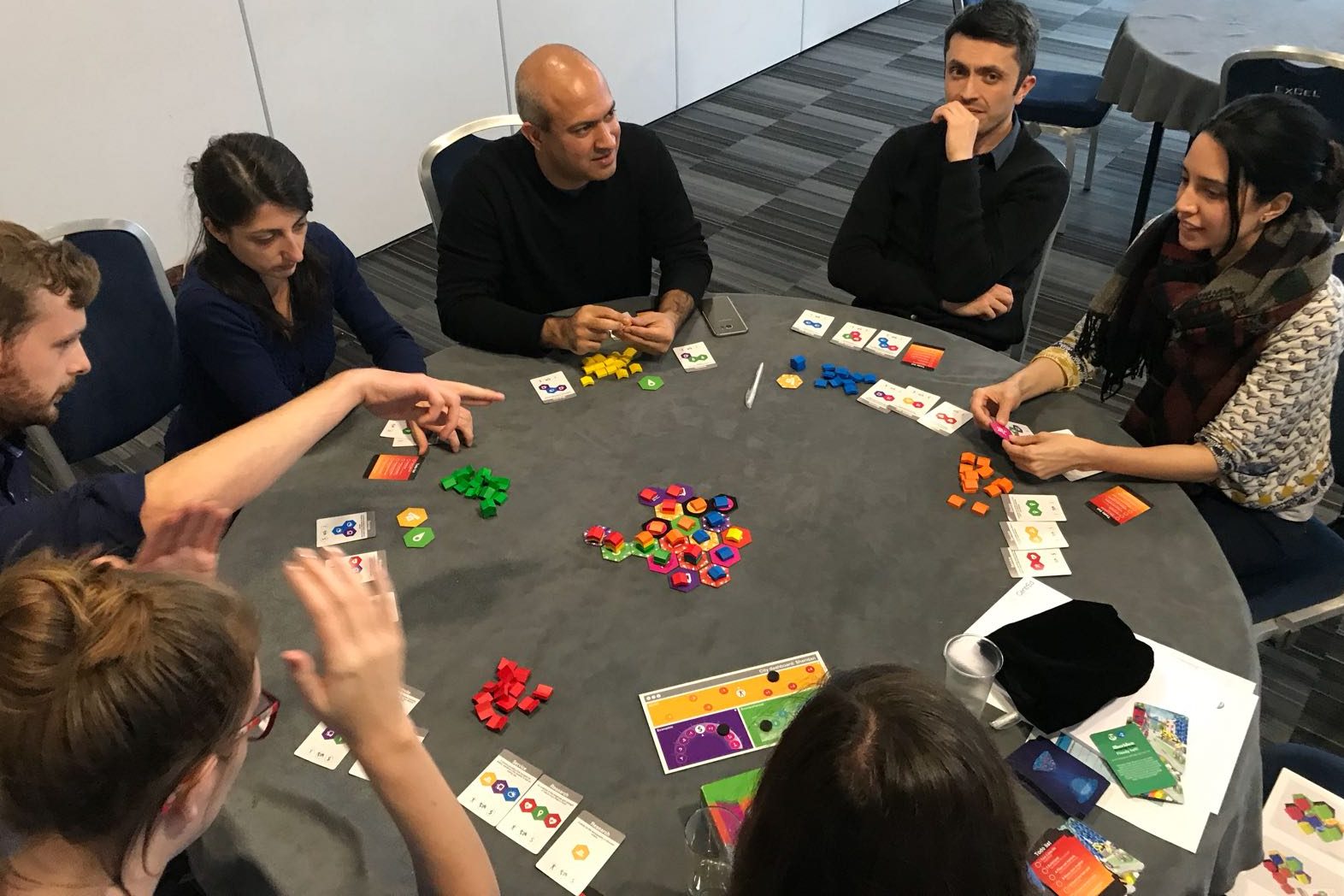
Data is disrupting our world in unexpected ways. Think of Air BnB and Uber. Their primary investments aren’t in physical infrastructure. What they’ve built are highly effective data infrastructures that connect users to homeowners and drivers. The interface may be apps, but it’s data that creates value, not owning physical things.
These examples show that data is disrupting traditional markets in counterintuitive ways. Understanding how data will impact our work and our lives will often mean changing the way we think about value creation and service delivery. This means unpicking some of the preconceived ideas we might have, which is a tricky thing to do. We often don’t even recognise the ways that fundamental beliefs shape what we do. We don’t see disruption until it’s too late. Which is why established businesses fail when new technology comes along.
That’s why we advocate for doing things a little differently as part of your data skills journey. For example, in our data skills work with clients we often play a game called Datopolis, to help people get a feel for how data infrastructure evolves, and build skills in a non-scary way. It’s a fun experience that sparks conversation in a safe environment.
Action 6: Find a way to experience new concepts in a way that challenges established beliefs is an important part of development. So, whether it’s a trip to an overseas data event, going to an algorave or playing a game, don’t just stick to what you know, get out there and do something different.
Take your first steps!
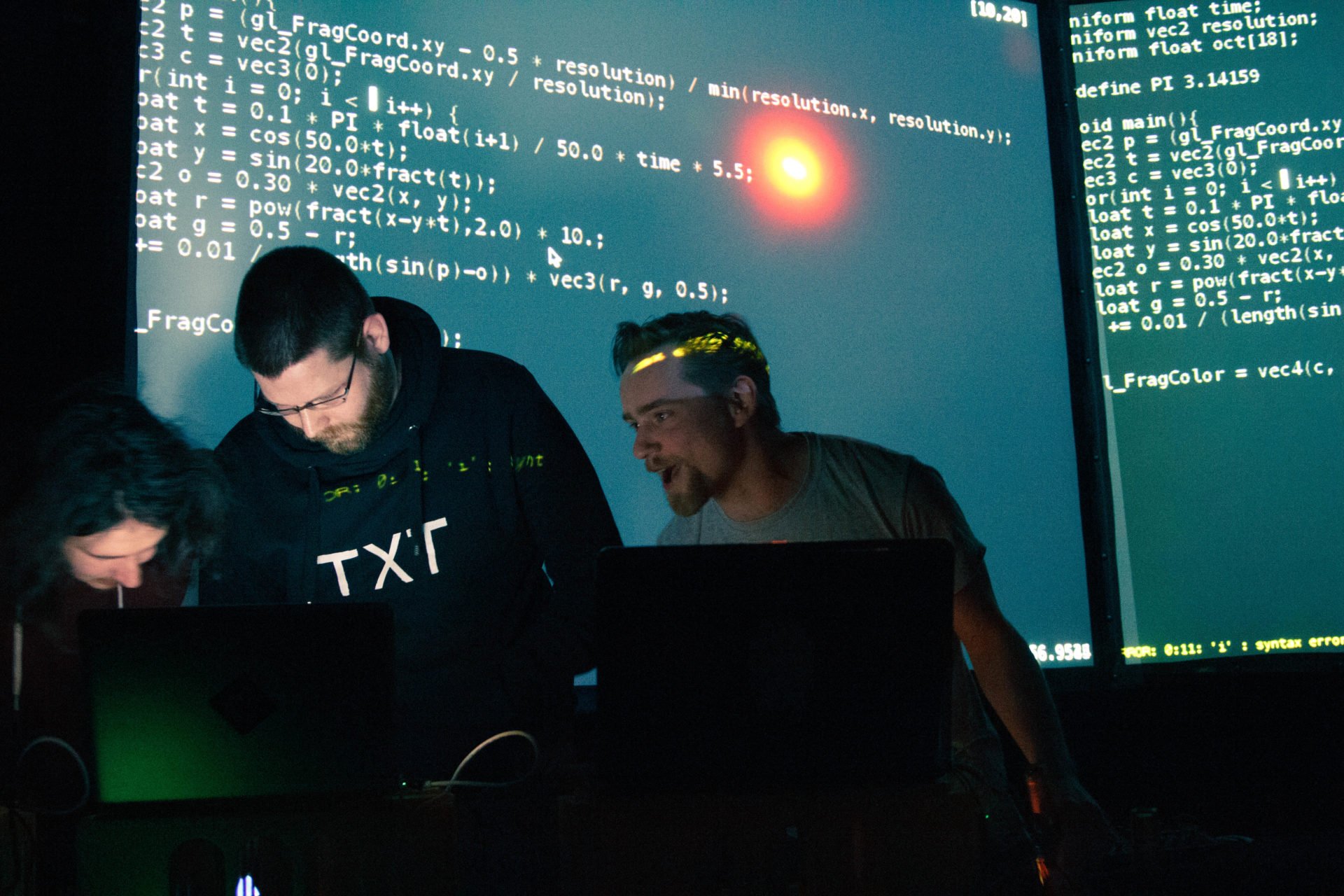
Here’s a reminder of the actions you can take to start your data literacy and skills journey:
- Action 1: Consider the impact data is having on your sector, your job and your world. What do you need to know more about to address and keep pace with the ways things are changing?
- Action 2: Reflect on your data literacy and the impact data is having on your world. What are the first 4-5 hexes you need to address? Are you more on the left of the framework, following a business or leadership pathway? Are you focusing more on technical skills? Or do your skills encompass elements from both sides?
- Action 3: What are the values that guide you? Write them down and consider how they might shape your approach to working with data.
- Action 4: Consider your entire skillset and experience. How might you apply them in the skills path you have chosen?
- Action 5: Find a meet-up, a conference or a talk that relates to your skills path. Attend it!
- Action 6: Find a way to experience new concepts in a way that challenges established beliefs is an important part of development. So, whether it’s a trip to an overseas data event, going to an algorave or playing a game, don’t just stick to what you know, get out there and do something different.
What impact will you have on the world of data?

There’s a place for all of us in the data economy. Data scientists are essential, but they need good communicators, creative problem solvers and motivated marketers to make an impact. To flourish we need to shape a path that makes the most of the new opportunities data opens up for us, whilst staying true to our values. This is particularly important considering the pace of change and the potential impacts of that change.
We each have a responsibility to make sure it’s our values, not technology that shape our world. Whilst I’ve advocated for getting stuck in and immersing yourself in this new world, I actually believe that one of the most important things we can each do is to carefully reflect about the impact data is having on our lives, and consider what we want to see happen in our organisations and communities. Data doesn’t care. We should.
Which is why if you’re still unclear about which data skills to start with I’d recommend starting with data ethics. Data ethics compels us to understand how value is created from data, whilst considering potential harmful impacts. This means thinking about how data is collected, used and shared. Where does your data come from? How should it be accessed and shared? How does your data make an impact? Who might benefit? Who might be harmed?
Develop answers to these questions and consider what the answers mean to your business or community, and not only will you be well on your way to developing practical data skills, but you’ll also be taking steps to make sure data creates value for us all.




